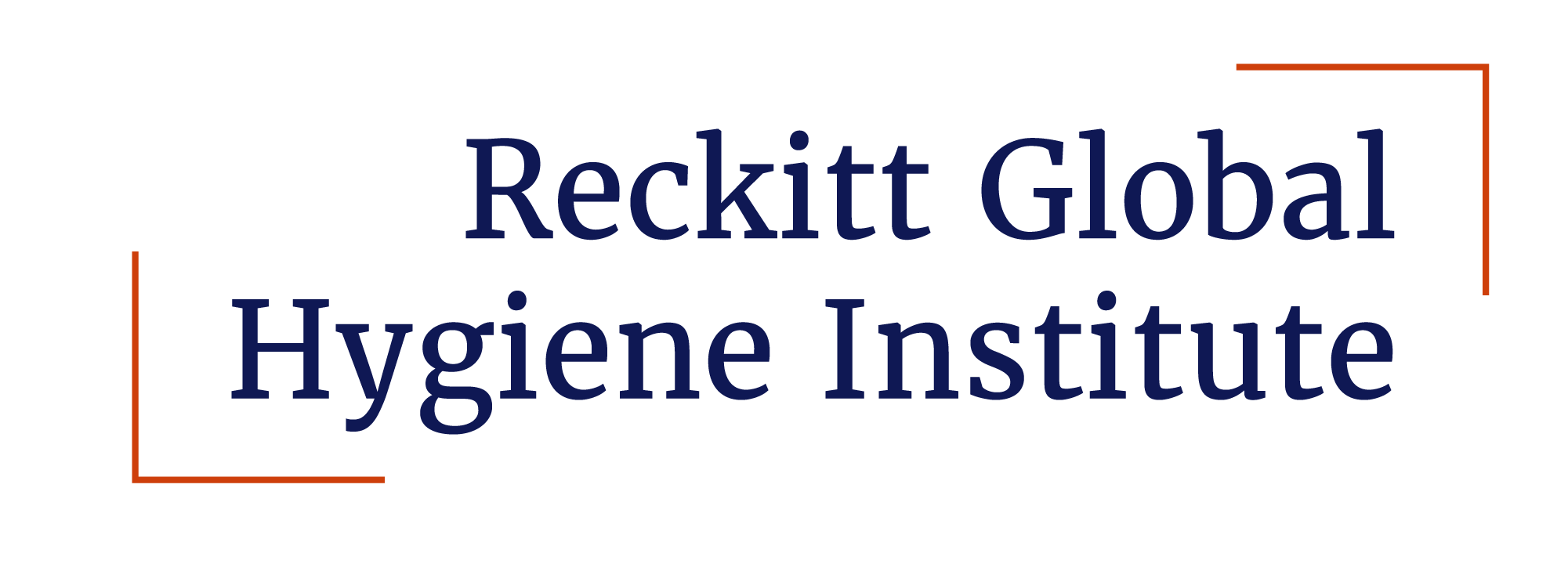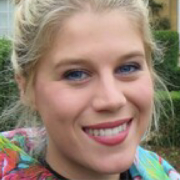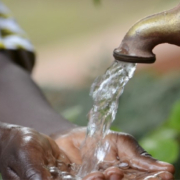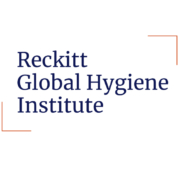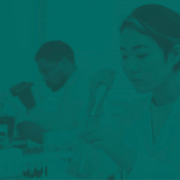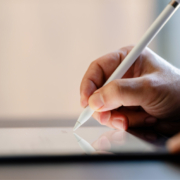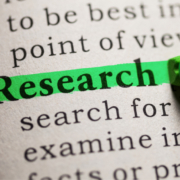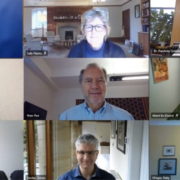Case study: Dr. Julie Hennegan
There are a lot of different menstrual-related needs that people have and the default is to provide tangible products, but more information is needed about what people actually want and need. With support from the Reckitt fellowship, Dr. Julie Hennegan, research fellow at Australia’s Burnet Institute, plans to generate research on just that.
“By providing better information about what those needs are and how they go on to impact women and girls’ lives will help to provoke more targeted investment,” she said.
Hennegan, who has a PhD in social interventions at the intersection of public health with complex social interventions, is one of five fellows comprising the first cohort for the Reckitt Global Hygiene Institute’s fellowship program. The Institute, launched in 2020 to generate and fund high-quality, scientific research that addresses the links between hygiene and health, will support the fellows’ research over the next three years.
Hennegan’s research will focus exclusively on measuring unmet menstrual health and hygiene needs and their impacts on health and education with a view to seeing effective programs and policies implemented to improve menstrual health globally.
Here, she shares why having more evidence on menstrual hygiene is critical and how her research could help to break down a global stigma.
Why do you think it’s important to have more information available about menstrual health and hygiene?
It’s a really under-researched topic. We’ve built, through the last 10 years, a really strong body of qualitative evidence to understand more about what people who menstruate need during their period, but we don’t have very good data on the prevalence of unmet menstrual hygiene and needs in different populations… That’s the kind of data that we need both to inform better interventions, but also to advocate for policy and practice to address this topic.
Why do you think this particular area of research has been neglected thus far?
It’s a hidden experience. The expectation is, generally, that if someone is menstruating, nobody else needs to know. You don’t go around advertising that you’re menstruating or openly use a hot water bottle. We hear stories about embarrassment, of people trying to quietly open pads or tampons, even in a female restroom. This is a topic that’s heavily stigmatised and taboo.
Why did you apply for the Reckitt fellowship?
It’s really exciting that hygiene research is getting funding and support. There are lots of different dimensions of hygiene research, all of which are really important, but menstrual hygiene is an incredibly important part of that.
After I finished my PhD in 2017, I did a postdoctoral fellowship at Johns Hopkins Bloomberg School of Public Health in the U.S. I continued working on menstrual health and hygiene, and have come back to Australia and joined the Burnett Institute to establish my program of research here. The fellowship is really helping to support me in building my team and in advancing my mental health and hygiene research.
What will your research entail?
As part of my past work, I developed a measure called the Menstrual Practice Needs Scale, which provides a measurement of the extent to which the respondents’ menstrual management needs were met during their last period. Did they have access to products that are menstrual absorbent enough? Do they have access to a private space? Were they worried about not being able to change when they needed to? Do they have somewhere that they felt was acceptable to dispose of items?
One part of my fellowship is to work with partners around the world who are using the tool to understand its performance in different cultural settings and population groups, to refine the tool, support people in using it, modify as needed, develop it, assess its use and ensure it can be used across different cultural contexts and for different purposes.
The second part is about estimating the impacts that that has on girls’ lives. We’re going to be following a cohort of adolescent girls from close to menarche to understand more about how their menstrual experiences change over their early menstruating years, and to provide some longitudinal evidence on the way in which unmet menstrual hygiene needs impact their health, education, and well being.
